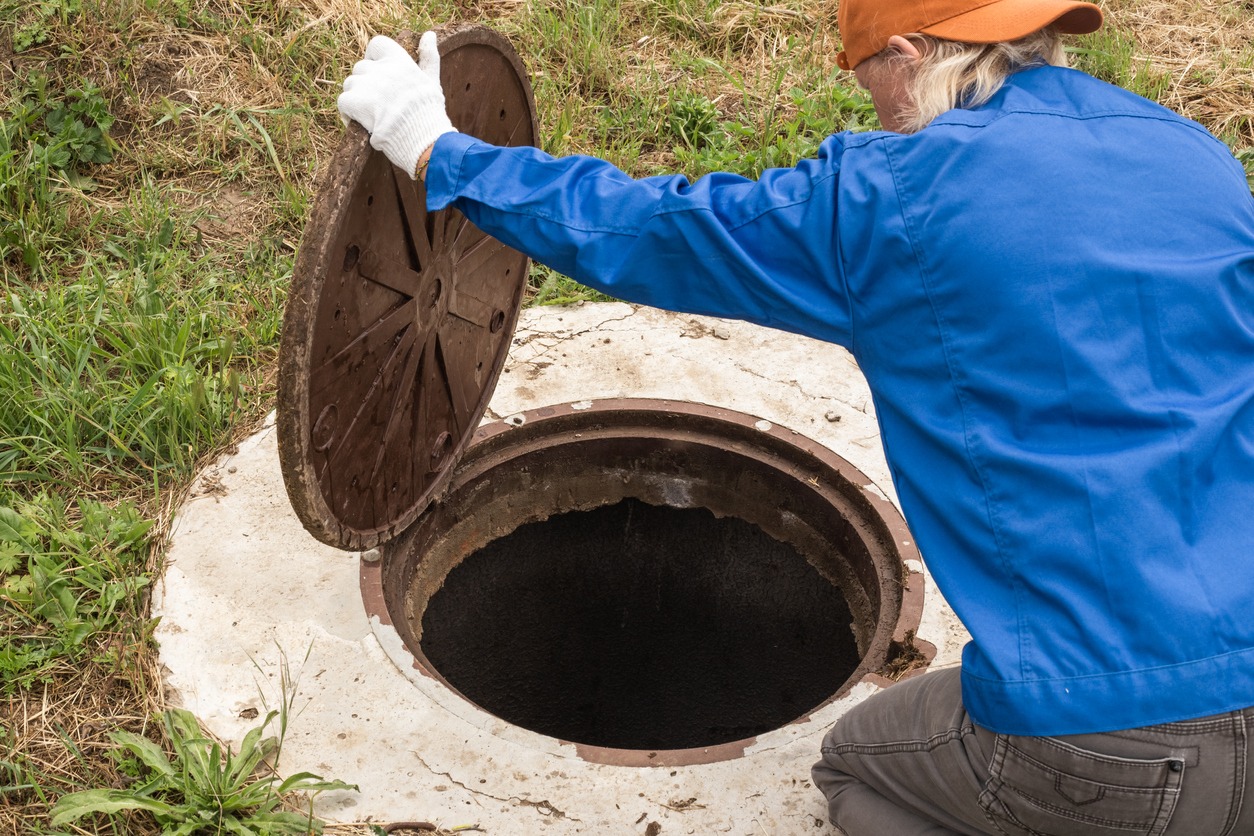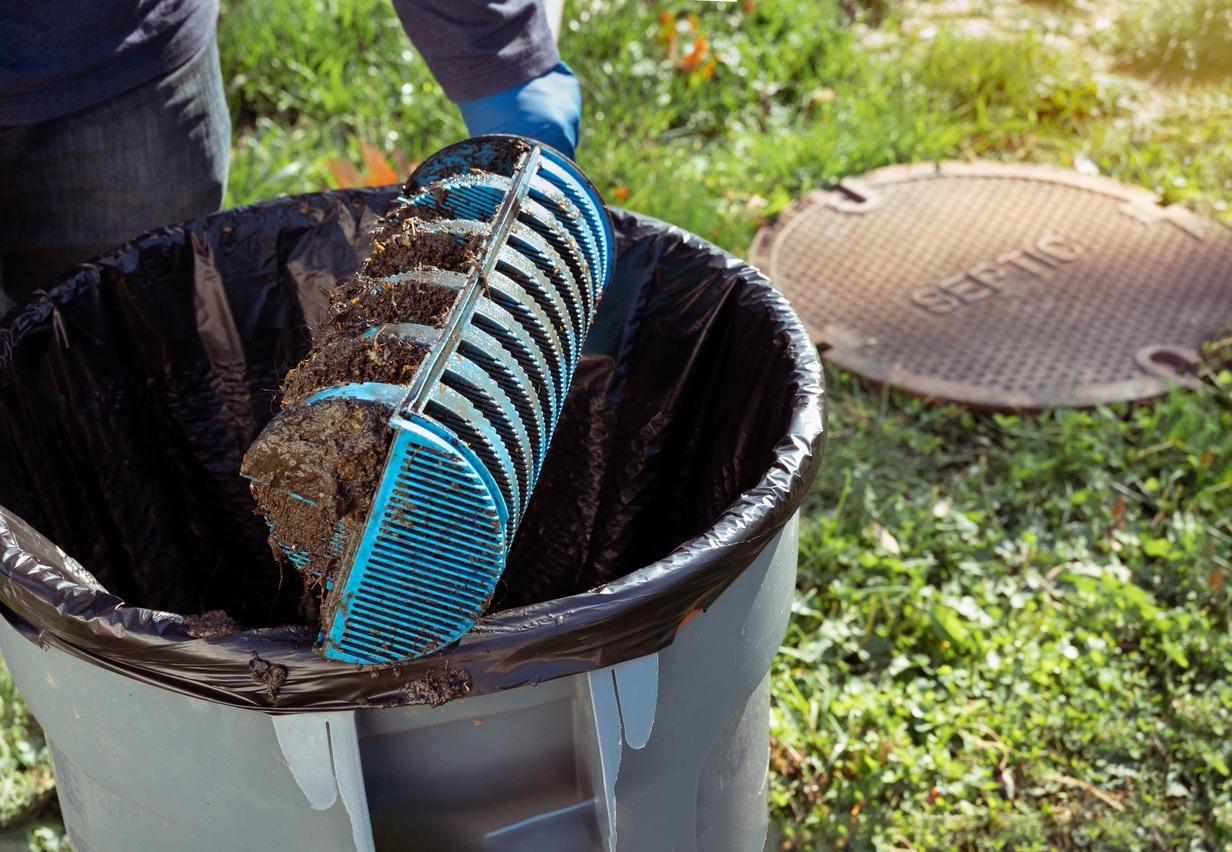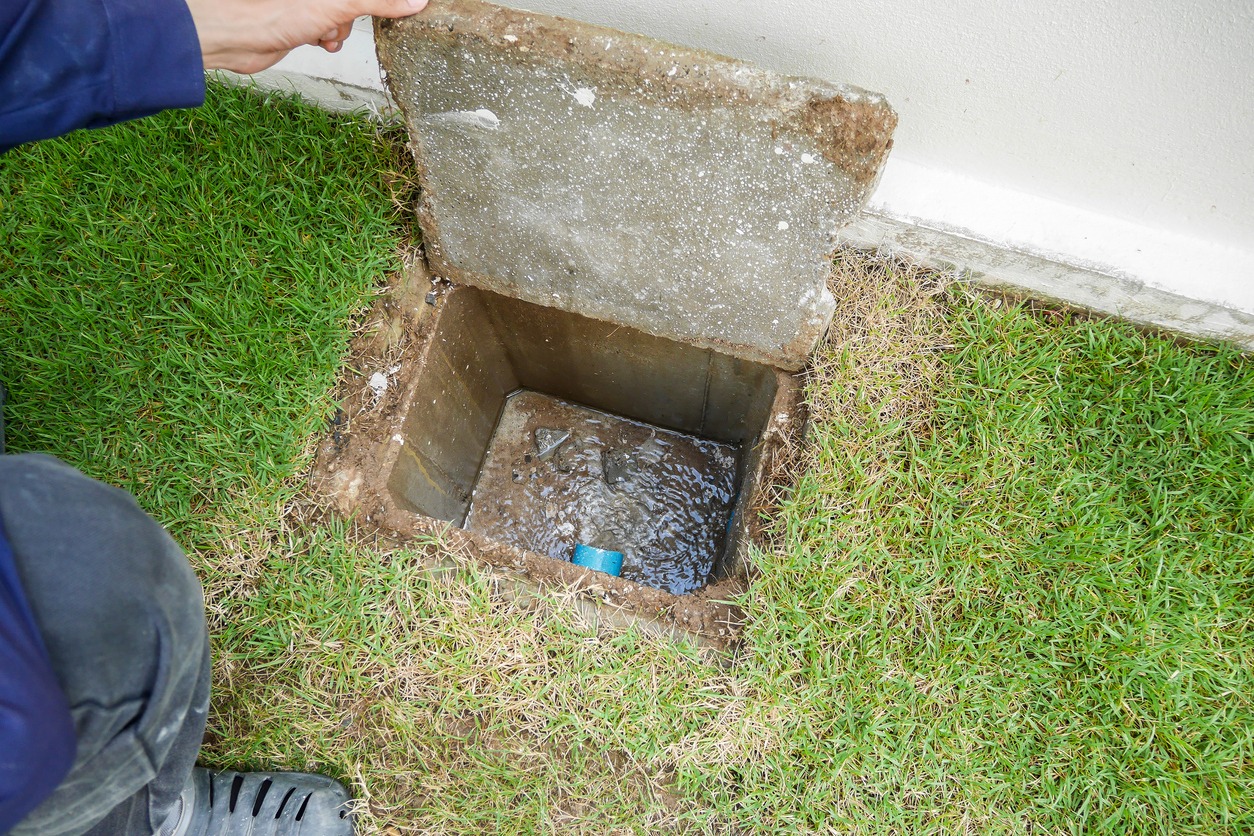A septic tank is an important part of a residential or commercial property’s wastewater management system. It plays a vital role in treating and disposing of household or business wastewater in places that do not have access to centralized sewer systems. Having a properly functioning septic tank can help prevent health hazards, environmental contamination, and expensive repairs.
However, you also have to note that septic tanks need regular maintenance and care in order for them to function well. Failure to address any issue quickly may lead to a failing septic tank, which may have serious consequences for both the property owner and the surrounding environment. But how would you know if your septic tank has issues or if it is failing?
In this article, we are going to learn about the signs that indicate a failing septic tank. Understanding these signs will help you identify potential problems early on and take the right measures to repair them. By being vigilant and proactive, you’ll be able to avoid major septic system failures along with their associated risks. Therefore, if you want to learn more, read on and find out what the signs of a failing septic tank are.
How Important is a Well-Functioning Septic Tank?
Before we discuss the different signs of a failing septic tank, let us first understand the importance of a well-functioning septic tank. It is essential to have a well-functioning septic tank for effective wastewater management and the overall well-being of both property owners and the environment. Below are some of the importance of a well-functioning septic tank:
Efficient Waste Management and Environmental Impact
When you have a properly functioning septic tank, it can treat and process wastewater from toilets, sinks, showers, and other household or commercial sources effectively. It can separate solid waste from liquids and allow for the breakdown of organic matter. The adequately treated wastewater, also known as effluent, is then released into the drain field or leach field, where it percolates through the soil and undergoes further natural filtration before reaching groundwater sources.
When a septic tank is failing, it may result in untreated or inadequately treated wastewater being released into the environment, which may lead to contamination of water sources, such as wells, streams, and groundwater reservoirs. This may have aquatic life and ecosystems, and potentially impact public health.
Prevents Health Hazards and Contamination of Groundwater
Untreated wastewater contains harmful pathogens, bacteria, viruses, and chemicals that can pose significant health risks if they enter drinking water sources or come into direct contact with humans or animals. A malfunctioning septic tank may cause sewage backup, leading to the potential exposure of residents, pets, or wildlife to harmful contaminants. This can result in the spread of diseases and illnesses, such as gastrointestinal infections, hepatitis, or even E. coli contamination. Maintaining a well-functioning septic system helps protect public health by ensuring the proper containment and treatment of wastewater.
Cost-Effective Alternative to Centralized Sewage Systems
In places that do not have access to municipal sewage systems, septic tanks give a practical and cost-effective solution for wastewater management. For rural or remote locations, building and maintaining centralized sewer systems can be financially burdensome. Septic tanks offer an efficient and independent method of wastewater treatment, removing the need for extensive infrastructure and ongoing utility fees. By properly maintaining a septic tank, property owners can avoid costly repairs, replacements, or fines associated with a failing system. Regular inspections and maintenance are generally more affordable than dealing with a complete septic system failure.
Signs of a Failing Septic Tank
It is important to recognize the signs of a failing septic tank in order to address problems immediately and avoid more extensive damage. To learn more, below are the common signs that indicate a septic tank is failing:
Gurgling Pipes
Gurgling pipes would occur when you run water in the house, such as when using the sink or shower or when flushing the toilet. It can be due to some debris being stuck somewhere. If the septic tank is getting full for some reason, it needs to be pumped. This means that you need to call a specialist and ask them to drain the excess water.
Slow Drains
A failure in the septic tank system may also cause slow drains. For instance, if your septic tank is full, it will not actively collect wastewater. This means that your pipes will be clogged full of sewage, inhibiting their ability to drain your plumbing appliances. With this, your drains will become slow to drain water or other liquids. No matter what tools you use to unclog your drain, it will not be fixed since the underlying problem is in the septic tank. Slow drains are the precursor to a full septic tank system backup wherein your drains do not work at all and wastewater backs up into your home.
Water Backup or Pooling
When water backs up in sinks, toilets, or drains, or when water pools around plumbing fixtures, this may indicate a blockage or a full septic tank. It’s because when your septic system fails or if it is full, sewage and wastewater will no longer enter the tank. What happens is that they stay in the pipes until it begins to come up. This is the most visible sign of septic tank failure. In case you notice this symptom, you need to contact a licensed plumber immediately for help.
Sewage Surfacing in the Yard
If you notice sewage or foul-smelling water resurfacing in the yard, particularly near the septic tank or drain field area, it often suggests a severe issue with the septic system. When the drain field fails, or is saturated with water, sewage may also back up into the home. Wet, soggy areas may develop above or near the drain field and you may also see spongy bright green grass over the area. If this is the case, you have to contact a service professional to assess the situation.
Unpleasant Odors
Another common sign of septic system failure is the presence of nasty odors near the drain field and plumbing appliances. If you notice strong and foul odors when you walk outside and step into your lawn, it is probably a sign that your septic tank has failed. The same goes if your home has the same foul odors. These nasty odors lead to the presence of sewage that has crested the drain field and worked its way into your may drain line.
Lush Grass or Plant Growth
If the area around the drain field or septic tank shows unusually vibrant or greener grass or plant growth compared to the rest of the yard, it may indicate an issue with wastewater absorption and septic system overload.
Septic Tank Alarm of Warning Light
There are also some septic tank systems that are equipped with alarms or warning lights that indicate high water levels or other issues in the tank. If the alarm or warning light is frequently or constantly activated, this suggests a septic system malfunction that needs immediate attention. If this is the case, you might want to check for any issues or call a professional to check your septic system for any problems.
Changes in the Soil
If there is soft, soggy, or mushy ground around the septic tank or drain field, it may indicate a leaking or saturated septic system. On the other hand, if the soil around the septic tank area shows signs of settling or depression, it could indicate a collapsing or damaged septic tank. In addition, discolored or dying grass, plants, or trees in the drain field area may be a result of excessive moisture or contamination caused by a failing septic system.
Consequences of Ignoring a Failing Septic Tank
It is very important to address any issues when it comes to your septic tank system. Ignoring signs of a failing septic tank can have severe consequences for both you and the environment. Below are some of the potential outcomes of neglecting a failing septic system:
Environmental Impact and Water Sources Contamination
A failing septic tank can release untreated or partially treated wastewater into the soil, leading to the contamination of groundwater sources. This can pollute nearby wells and potentially impact the quality of drinking water. If wastewater reaches surface water bodies such as streams, rivers, or lakes, it can introduce harmful pathogens, bacteria, and other contaminants, posing risks to aquatic life and public health. Contaminated water can have detrimental effects on ecosystems, harming plants, animals, and other organisms dependent on clean water sources.
Health Risks to Individuals and Pets
Failing septic systems can expose individuals, pets, and wildlife to harmful pathogens, bacteria, viruses, and chemicals present in untreated wastewater. This can lead to gastrointestinal infections, respiratory issues, skin irritations, and other health problems. Pathogens present in wastewater, such as E. coli, can cause severe illnesses if ingested or come into contact with open wounds. The risk of waterborne diseases, including hepatitis and other infections, can significantly increase. In addition to that, foul odors associated with a failing septic system can negatively impact air quality, creating unpleasant living conditions and potential respiratory issues.
Structural Damage and Costly Repairs
Continued neglect of a failing septic tank can result in sewage backups within the property, causing damage to flooring, walls, and personal belongings. Cleanup and restoration costs can be substantial. If a failing septic system is not addressed promptly, the drain field can become overwhelmed with excess wastewater, leading to system failure. Repairing or replacing a drain field can be an expensive and disruptive process. The structural integrity of the septic tank itself may be compromised over time if maintenance and repairs are neglected. Collapsed or damaged tanks can necessitate costly replacements and excavation work.
Legal Implications and Possible Fines
Many jurisdictions have specific regulations and health codes governing septic systems. When you ignore a failing septic tank, it may result in violations of these regulations, subjecting property owners to legal penalties and fines. Aside from that, a failing septic system can significantly diminish the value of a property and pose challenges during the selling process. Prospective buyers may be deterred or request costly repairs as a condition of purchase.
Conclusion
It is indeed important to recognize the signs of a failing septic tank in order to address the issues promptly and prevent further damage or issues. It is crucial to have a well-functioning septic tank for efficient waste management, protecting the environment, and maintaining public health. By understanding the signs of septic tank failure, you’ll be able to take appropriate action to mitigate risks and ensure the longevity of your septic system.
By being a proactive and responsible septic tank owner, you can ensure the efficient operation of your septic system, protect public health, and safeguard the environment. We hope this article helped you learn more about the signs of a failing septic tank.


